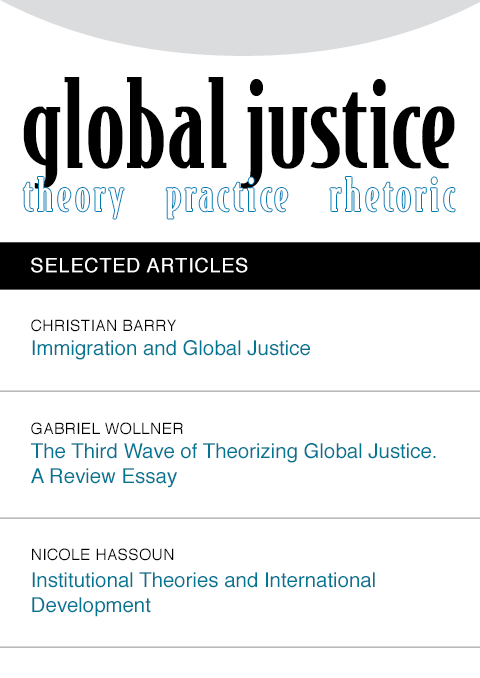Is Investor-State Arbitration Unfair? A Freedom-Based Perspective
DOI:
https://doi.org/10.21248/gjn.10.1.112Keywords:
Investor-state arbitration, self-determination, international distributive justice, negative freedom, opportunity freedom, value of liberty, ISDSAbstract
Investor-state-dispute-settlement (ISDS) is an arbitration mechanism to settle disputes between foreign investors and host-states. Seemingly a technical issue in private international law, ISDS procedures have recently become a matter of public concern and the target of political resistance, due to the power they grant to foreign investors in matters of public policies in the countries they invest in. This article examines the practice of ISDS through the lenses of liberal-statist theories of international justice, which value self-determination. It argues that the investor-state arbitration system illustrates how liberal-statist theories of international distributive justice ought to care about relative socioeconomic disadvantage, contra the sufficiency principle that they typically defend. The sufficiency principle draws on a questionable conception of the freedom that self-determination consists in.Downloads
Published
2017-12-01

 Global Justice: Theory Practice Rhetoric (TPR) is a peer-reviewed, open-access e-journal which publishes original research in international political theory, with special emphasis on global justice. We are particularly interested in bridging the gap between political theory, empirical research, and the study of political practices and communication.
Global Justice: Theory Practice Rhetoric (TPR) is a peer-reviewed, open-access e-journal which publishes original research in international political theory, with special emphasis on global justice. We are particularly interested in bridging the gap between political theory, empirical research, and the study of political practices and communication. 


